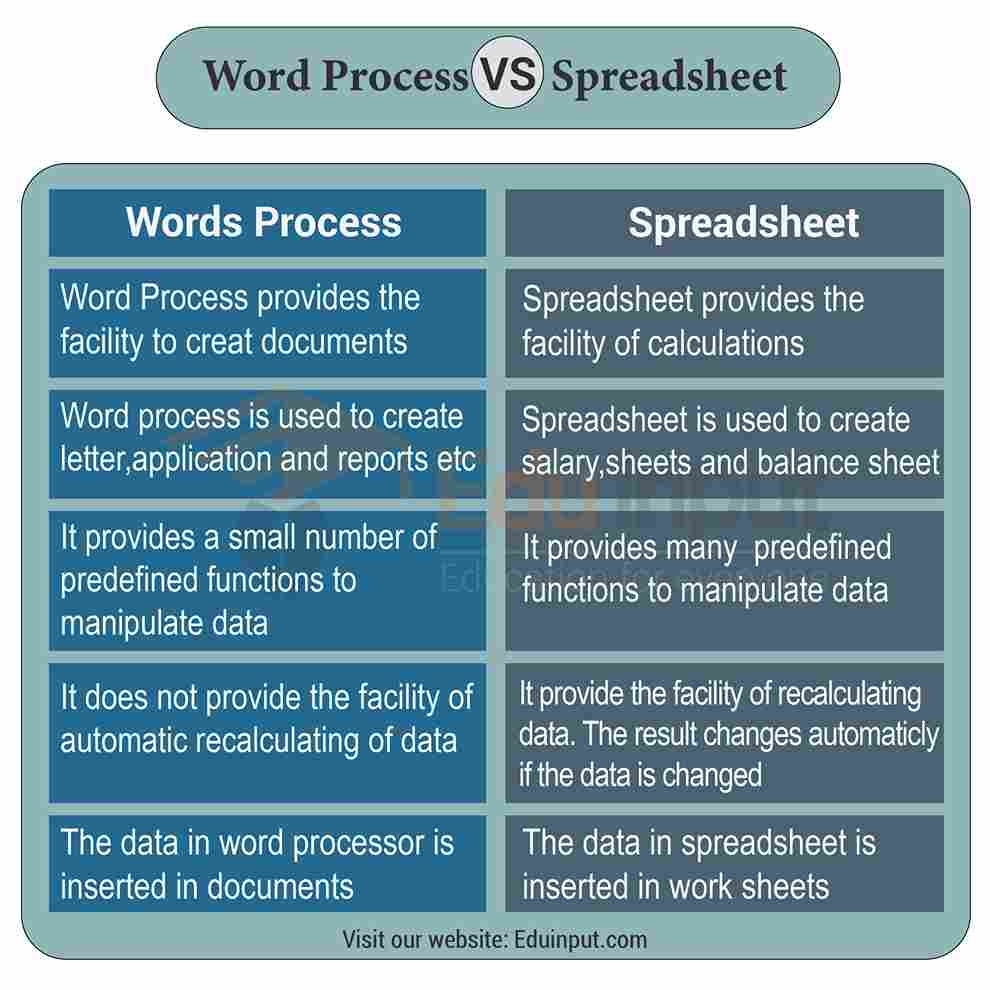Prepositions are crucial elements in the English language that often cause confusion among learners. Two commonly used prepositions, “of” and “for,” are often misused due to their similar meanings. However, understanding the distinction between these two prepositions can help improve your language skills.
While both “of” and “for” are prepositions, they are used in different contexts and convey different meanings. It is essential to grasp the nuances of each preposition to use them correctly in sentences. Let’s delve into the dissimilarities between “of” and “for.”
Difference Between of and for
One of the primary distinctions between “of” and “for” is that “of” is typically used to show possession, origin, or association. For example, “the pages of the book” indicates possession, while “the capital of France” denotes origin. On the other hand, “for” is commonly used to indicate purpose, benefit, or recipient. For instance, “I bought a gift for my friend” demonstrates the recipient of the gift.
Moreover, “of” is often used to express relationships between different elements in a sentence. It can also be used to indicate a part of a whole or a characteristic of something. In contrast, “for” is used to show the intended recipient, such as in the sentence “I made dinner for my family.”
Another key difference between “of” and “for” lies in their usage with verbs. “Of” is frequently used with verbs like “think,” “approve,” or “remind,” indicating possession or association. For example, “I think highly of her” shows the speaker’s opinion of someone. On the other hand, “for” is commonly used with verbs like “pay,” “wait,” or “apologize,” indicating purpose or benefit. For instance, “I apologized for my mistake” illustrates the purpose of the apology.
It is essential to pay attention to the context in which “of” and “for” are used in a sentence to ensure clarity and accuracy. By understanding the distinctions between these prepositions, you can enhance your language proficiency and effectively communicate your ideas.
In conclusion, the difference between “of” and “for” lies in their respective usage to indicate possession, origin, purpose, and recipient. While both prepositions play crucial roles in sentence construction, mastering their distinctions can help you express yourself more clearly in English.
